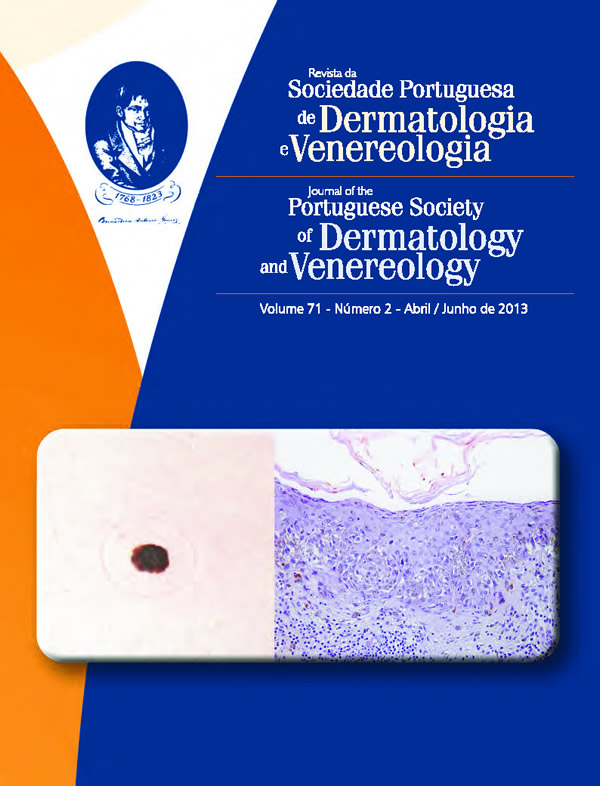CHEMOPROPHYLAXIS OF GENITAL HERPES
Abstract
Genital herpes is among the most common sexually transmitted diseases worldwide. Recurrent genital herpes is associated with major morbidity. Therefore, suppressive therapy plays an important role in the life quality of these patients. There are no established guidelines regarding the criteria for initiation of prophylactic therapy, although there is evidence for it after 6 recurrences per year. Drugs approved for this purpose are acyclovir, valacyclovir and famciclovir in different regimens with similar efficacy. In patients co-infected with human immunodeficiency virus (HIV) and herpes simplex virus (HSV), these drugs remain effective with higher doses regimens. The safety profile of this therapy has been proven in studies with follow-up times up to 18 years and the appearance of resistance although rare in the immunocompetent population (1%), is a fator of concern in immunocompromised patients reaching 10.9%. Several alternative therapies have been studied, such as therapeutic vaccine or new drugs with different action targets, but all remain under investigation.
Downloads
All articles in this journal are Open Access under the Creative Commons Attribution-NonCommercial 4.0 International License (CC BY-NC 4.0).








